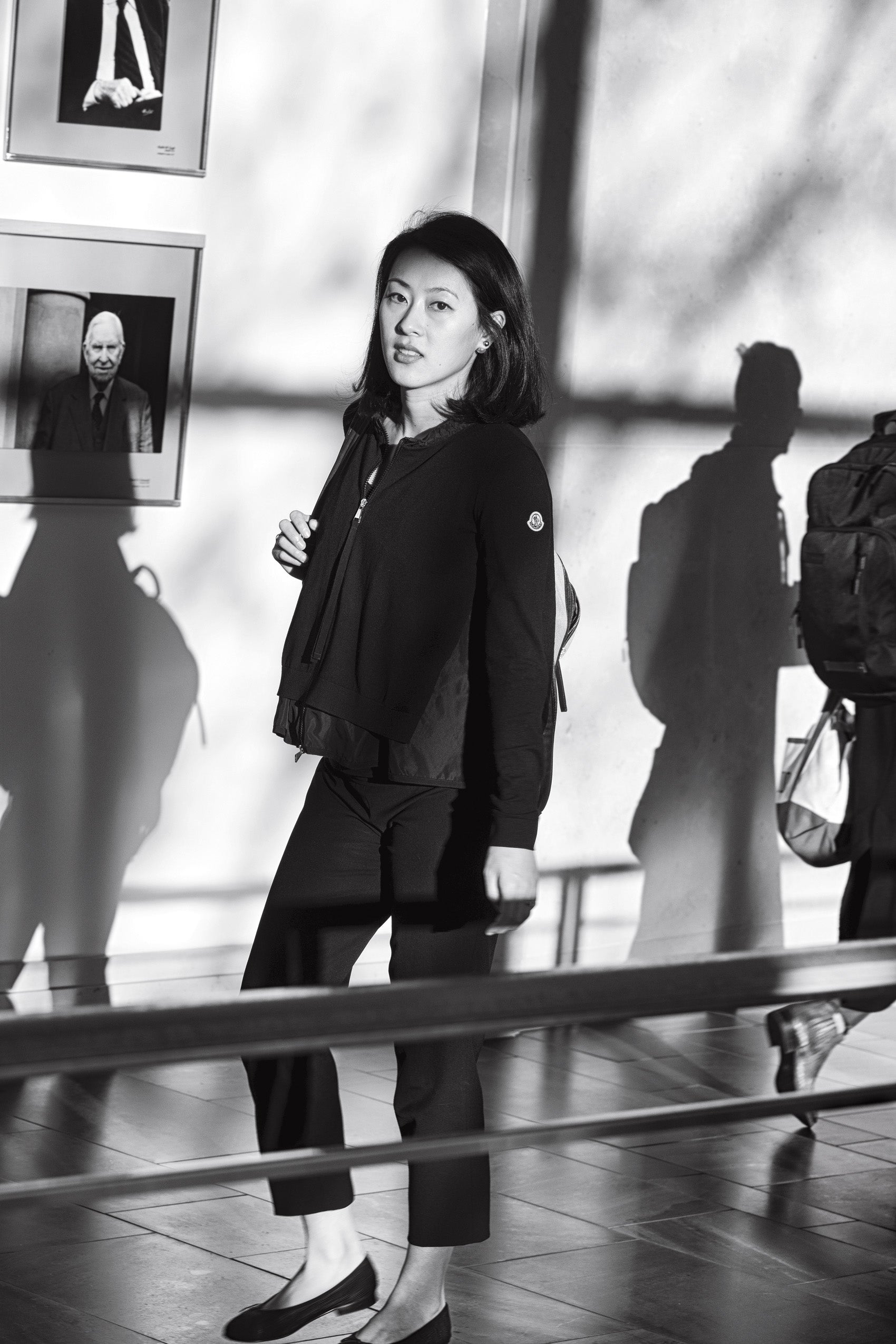Assistant Professor Crystal Yang ’13, who joined the HLS faculty in 2014, brings an empirical focus to the study of criminal law. Yang, who holds a Ph.D. in economics from Harvard, has in the past focused her empirical studies on criminal sentencing. She has now turned her attention to the extensive use of cash bail and pretrial detention in the U.S., in order to understand their short- and long-term consequences.
“I realized that relative to other stages in the system, like sentencing, there was not nearly as much research on pretrial detention, even though we could make an argument that this earlier stage may be more important because it could lead to someone avoiding a conviction,” says Yang, who worked on the project with colleagues from Stanford and Princeton.
Yang obtained administrative court data from a number of U.S. cities, then linked that data to administrative tax records from the IRS to analyze the impact on a defendant of being detained pretrial, including how likely he was to be convicted, and whether he was more likely to commit crimes in the future, have a job, and access benefits such as unemployment insurance. “Even three days of being detained significantly increases the probability that you are convicted of the charge, which comes almost exclusively through the increased likelihood that you will plead guilty, often because a prosecutor offers you ‘time served’ and you want to get out of jail,” says Yang, who teaches 1L criminal law and a seminar on social science research and the criminal justice system.
While pretrial detention is often justified as a crime deterrent, Yang and her colleagues found that it actually has a criminogenic effect. “You’re more likely to commit future crimes as a result of being detained,” she says. Being held pretrial also substantially reduces the probability that someone will later be employed, even four years afterward, which increases the likelihood that they will access unemployment insurance and other benefits. This outcome is potentially explained by the fact that someone who pleads guilty has a criminal record that reduces the chances they will get a job, she says.
“People may not even realize that once they plead guilty, they may have a really hard time getting a job for the rest of their lives,” Yang says, “so part of this work is trying to be rigorous about documenting the long-term consequences. It’s important for judges and prosecutors and public defenders to know that someone pleading out at that early stage can suffer adverse long-term consequences.”
Another important result of the research: “We find pretty significant evidence of racial bias” as judges determine whether to detain someone or require cash bail rather than release them pending trial, Yang says. “One striking thing is that it seems to be driven by judges making prediction errors of the risk a defendant presents, which may be based on racial stereotypes. Judges seem to overestimate or exaggerate the risk of a black defendant relative to white defendants, which then leads them to over-detain African-American defendants.”
Pretrial detention is often justified as a crime deterrent, but Yang has found it actually has a criminogenic effect.
Many criminal defense lawyers, as well as the ACLU and the NAACP Legal Defense and Educational Fund, have cited Yang’s research, including in class-action lawsuits challenging the money bail system. Her work has also been cited by the U.S. Supreme Court. She has published in leading economic journals and law reviews, and her work has been featured in The New Yorker, The New York Times, and The Economist.
“We find it very exciting that we’re having realworld effects,” says Yang, who is undertaking a number of follow-up projects.
She is now developing field experiments to consider what types of interventions might lead to less frequent imposition of pretrial detention without sacrificing public safety, and what interventions might reduce racial disparities. She is working to create risk assessment tools that judges could use to make more-informed decisions. “The goal is to work with real jurisdictions and real judges to test the effects of these interventions,” she says, “to see whether we can improve the pretrial decision-making process.” Yang says that judges, prosecutors, and others are very interested in her work and want to understand how her research results can improve the criminal justice system.
“I can’t imagine making legal policies on the basis of a lack of evidence, although that’s what the legal system has often done, including in the criminal justice system, where the stakes are so high and people’s lives are at stake,” says Yang, who served for a year as a special assistant U.S. attorney in the U.S. Attorney’s Office in Massachusetts handling criminal appeals and drug trafficking investigations, an experience that she says gave her a much richer and better understanding of the legal institutions that she studies. “To rely on a gut sense or essentially flipping a coin seems to me morally irresponsible.”
Read more about HLS faculty who are making the case for criminal justice reform »
